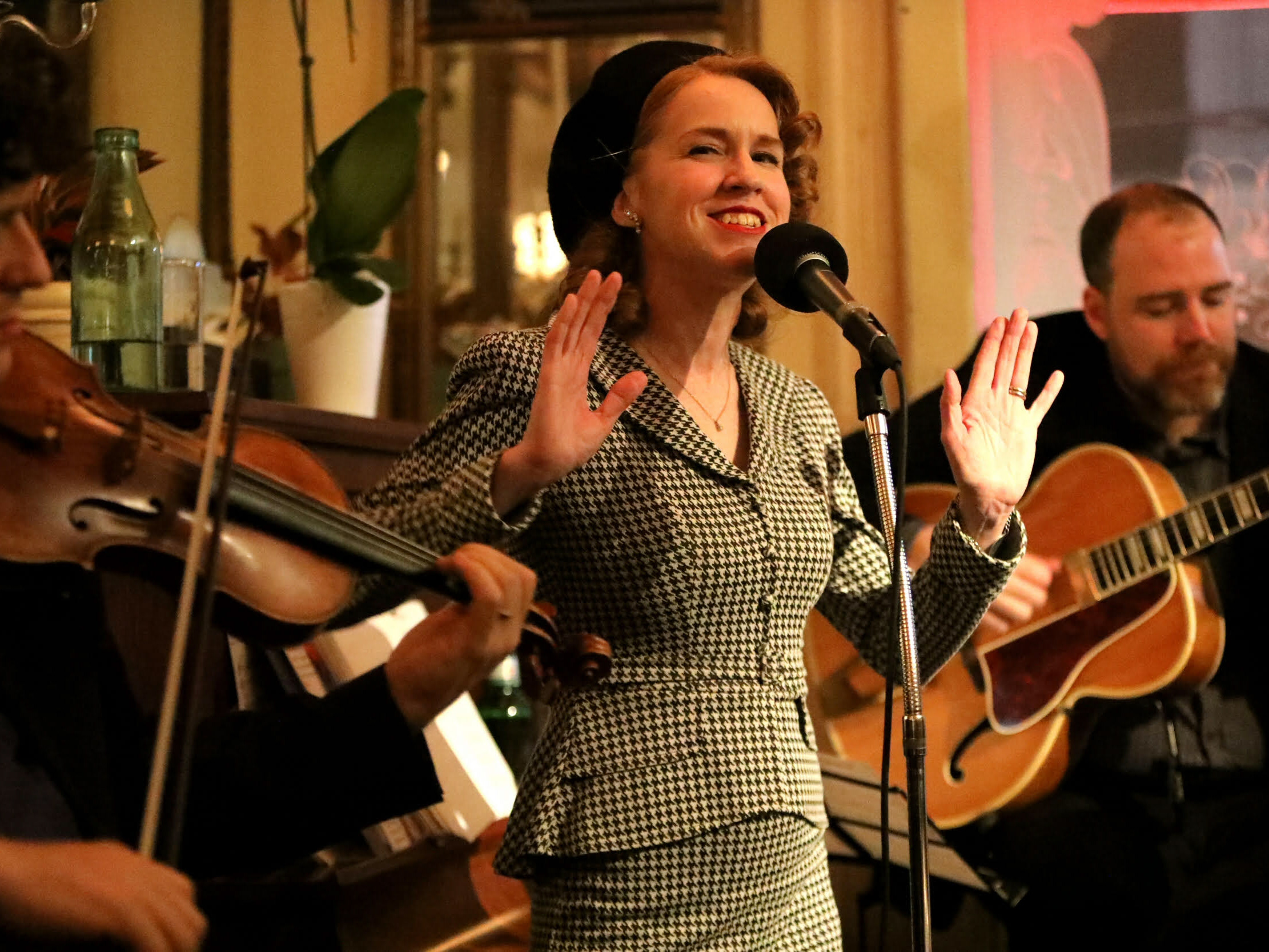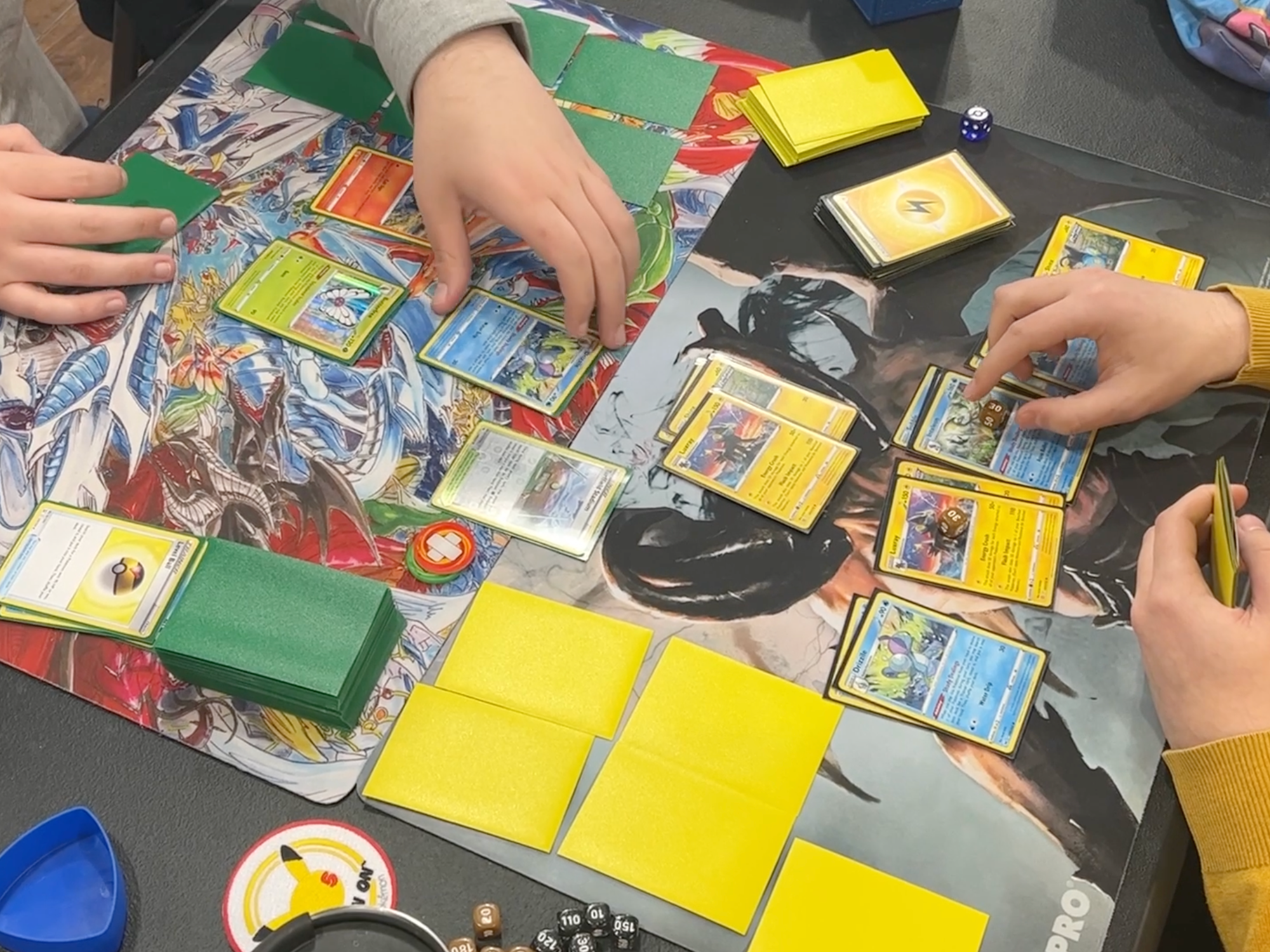A run-down glass house, covered in weeds and brambles, and littered with years of neglect. Two sisters, their relationship in a similar state, with years of built-up tension and grief flooding their lives. But soon, when a retired doctor decides to bring together a group of struggling adults to restore his old glass house, the sisters find themselves deep in the soil together each Saturday, slowly repairing more than just an aging structure.
In her second fiction novel, Glass Houses, Irish author Melanie Murphy weaves together the diverging lives of sisters Jenna and Rosie Walker in an unflinchingly honest and raw portrayal of two people struggling with mental health issues, while learning how to understand themselves and each other again.
The dual point of view is endlessly frustrating – but to great effect – as alternating between each sister gives a clear view into their miscommunication. The story opens with Jenna, struggling immensely and needing a place to stay, and she reluctantly moves in with her older sister. Rosie has the fancy Dublin apartment, her dream job as a pilot, and clearly, has everything Jenna doesn’t. Jenna shows up with her aging, ailing cat, Bertie, and secretly doesn’t see herself living much longer than him.
But Rosie’s life isn’t as perfect as Jenna sees it to be. She gave up her dream job to care for their mother, who has MS and is deteriorating rapidly. Her panic attacks are increasing, and she keeps everyone she cares about at an arm’s length. And with Jenna showing up at her house, clearly in need of serious help, her time is stretched even more thin than before.
As proven in her debut fiction novel, If Only, Murphy masters the uncomfortable, frustrating, and sometimes ugly intricacies of mental health. Glass Houses takes her exploration further, showing the different facets of these struggles and not only how they affect the individual, but the people around them who care, but who often don’t quite know how to help.
She explores these themes further, examining them on a larger stage. Murphy, a YouTuber herself, ponders the trappings of the platform and the effects of parasocial (one-sided) relationships through the character of Peter, a YouTube-based music star who becomes close to both Jenna and Rosie. Murphy shows the precariousness of the platform, and how quickly a loving fanbase can turn sour.
When a video leaks and is misinterpreted out of context, Peter’s career is on the line. But beyond his career, Murphy looks at the person behind the brand and the real-life impacts of online bullying. She holds a magnifying glass to an often-coveted industry, exposing the less than pretty behind-the-scenes realities.
Glass Houses weaves touches of magic throughout, bringing a somewhat mysterious but intriguing element to the sisters’ journey. Hidden messages inexplicably meant for them, unexplained healing from the glass house itself; the magic appears as an opposition to hopelessness. And in a story filled with characters who have lost hope, these moments let Jenna, Rosie, and the reader find something to hold onto.
A story of the tenuous bond between sisters and the internal struggles everyone goes through but usually keeps hidden, Murphy creates a bittersweet tale that carefully unravels the lives of Jenna and Rosie. Glass Houses is heartfelt, heartbreaking and raw, but leaves space for hope, support and growth.







